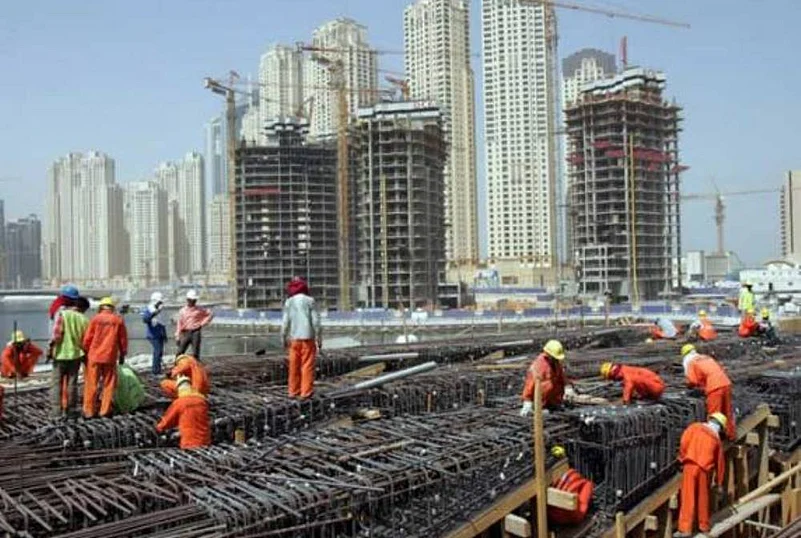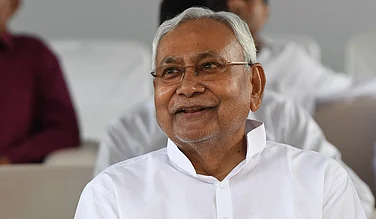COVID-19 pandemic is a significant shock to economies all around the world. Even the major economies like the USA have been badly mauled, with unemployment in America jumping to 25%, cut in economic growth despite a $3 trillion stimulus.
The Pandemic has caused a shock for the Indian economy as well. The four legs on which the Indian economy had been growing have all been impacted adversely.
1. Consumption: because of the Demand shock caused by Lockdown and Social distancing.
2. Manufacturing hit by large scale Supply chain disruptions: Even in case of essential services for which there is a demand, no one is able to produce due to this disruption in the last 60 days
3. Exports: on a pause mode as global consumers pause
4. Capital flows: Pandemic causes risk aversion and Emerging markets have felt the impact of capital outflows or slowdowns in Capital Inflows.
All this and general psychological fear about the Pandemic have impacted our economy. Some have tried to compare the 2020 Economic shock to the 2008 Financial crisis, but that is completely inaccurate. The 2008 crisis was restricted to liquidity for the banking sector. This current shock is deeper and broader and impacts almost the entire real economy. It is a larger stop sign across areas like consumption, demand, manufacturing, supply chain and capital.
Faced with this kind of unprecedented crisis, the Narendra Modi government, immediately had 3 clear objectives.
1. Providing enough money for Emergency healthcare requirements of state government hospitals, cities
2. The economy should be protected and soft-landed with minimum damage so that companies don't go insolvent, jobs are not lost, and the COVID shock is not amplified into the real economy.
3. The poor and vulnerable, who are most impacted by lockdown and economic shocks, need financial, food and Livelihood support.
The Government and the RBI acted immediately. The first announcements from both deal with these three significant objectives. It also became clear that the Narendra Modi Government's response recognized the need for its responses to be continuing -– of careful, sequenced and calibrated steps over many weeks and months.
As the Lockdown progressed and now eases, the Centre's medium and long term goals have become clear and its policy actions reflective of those goals. Its objective is to take the soft-landed economy and reboot and restart it in as smooth a manner as possible and as quickly as possible without diluting the healthcare and pandemic surveillance and management. The Rs 20 lakh crore package was designed to restart the Economy and business, Protect jobs and at the same time extend the support to those vulnerable and poor and informal sectors.
With already announced packages, and the liquidity that is available in the financial sector, nobody will dispute today that the financial sector is in the strongest position it has ever been to help the Economy restart -– especially MSMEs, agriculture. The over Rs 7 lakh crore of liquidity in the banking system must find its way to borrowers and those corporates that need credit. That remains a challenge for Government and RBI to ensure.
There remains, off course, the issue of restarting Consumption or addressing the sharp, painful impact of the demand shock that has hit the Economy. Demand shock was a net result of Social distancing, lockdown, supply disruptions and the general panic in people about their futures. Savings have gone up reflecting that panic or risk aversion. This is a deep demand shock that needs to organically reverse and consumption built back on the back of revived consumer Confidence about the future.
The economy only came out of lockdown on May 18. There is no magic bullet, there is no quick fix, there is no shortcut to stimulating and restarting demand in an economy coming out of 60 days of lockdown. This is not easily done through just a stimulus. Its other areas like healthcare and medium-term confidence in economic revival and jobs that will build this confidence back. This will take time, patience and effort.
So demand/consumption growth will depend on two things:
1. How people come out of their homes, how people restart their lives, what is going to be the impact of that on-demand organically and
2. If, at the right stage, when businesses are ready, capital is readily available to the businesses to produce and service demand -- demand might need a stimulus and a kickstart in specific segments which are showing signs of potential demand. For example in Karnataka, E-commerce, the takeaway food businesses and alcohol businesses, have shown a sharp organic growth in demand, as they opened up. It is important for the Government to understand the organic demand growth before it uses stimulus.
Some sectors will just not see any demand growth in the short term. Airlines, hospitality, restaurants, hotels will be adversely impacted by the sharply changed consumer behaviour, which cannot be altered by government stimulus. It’s still early days to start quantifying the demand growth or demand slump without waiting for one or two months to see how it goes. Certain categories are growing rapidly, some need stimulus, and some need government help to grow. I am sure that at some point, the GST council will look at the categories that are growing and can grow, and see if there is something that can be done.
The issue of state finances is also front and centre of Narendra Modi government's response in the wake of COVID-19 pandemic. It has increased direct ways and means limits from RBI to states and increased borrowing powers of the States. Indeed states will have expenditure reform forced on them through this crisis. There are several states with very leaky finances. GST collections have dramatically fallen and therefore the finance minister said, whatever is due to states under revised GST, have been paid. That was in March. The PM has told states we will give you an additional 2% borrowing power, you fund for yourself. In my opinion, the biggest reform that is going to happen is that of state financing. The pandemic forced state governments to understand how to meet the requirements of the poor, businesses, healthcare costs and balance their wasteful leaky spends and corruption.
If the economy is managed well interest rates will be low. For example, Kerala borrowed at 9%, absurdly high-interest rate for a state. So, while liquidity to the states is not a problem, their borrowing costs etc will be determined by their fiscal performance and transparency.
The Modi government understands that and recognizes that its responses are going to be a continuing one rather than a set of discrete independent announcements. It recognizes that no one knows what the scenario 3-4 months down the line will be. Now if tomorrow there is a sharp spike again, then states will require significant financial support in terms of healthcare capacity.
So while the Modi government is doing its best to improve demand, restart businesses, this uncertainty is the new normal. The virus and healthcare risks are part of the new normal that we are living and operating in. Risks to both individual well-being and business are not going away anytime soon. As long as there is no vaccine or a cure, we don't know what tomorrow holds.
We are living in an era of uncertainty, and when there is uncertainty the government has to be very careful and prudent on how it spends its money. The Government cannot and must not exhaust all its fiscal capacity at one go. Keeping the Gunpowder dry at times of crisis is the most responsible thing to do as Nation and the world navigate these perilous and unprecedented times
(The writer is a BJP leader and a Member of Rajya Sabha. Views are personal).
















